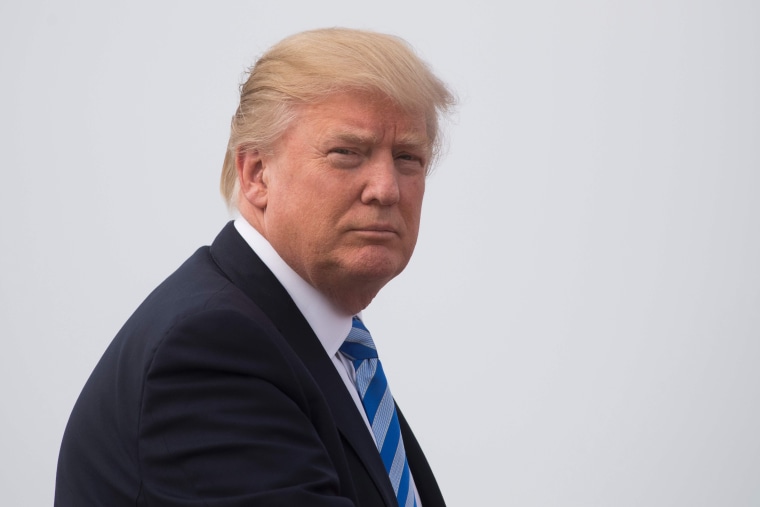More than 1,000 U.S. companies, including some of the nation's largest manufacturers, are urging Congress to preserve the 25-year-old Energy Star program to promote efficiency in home and business products.... Companies including United Technologies Corp., Ingersoll Rand and Staples call the program a model for successful collaboration between the public and private sectors.In a letter to the Trump administration and congressional leaders, the companies say Energy Star "should be strengthened, not weakened" to encourage businesses and consumers to conserve energy.
Kateri Callahan, president of the Alliance to Save Energy, a Washington-based advocacy group,
told the AP, "I don't know who recommended shutting down this program to the president, but I can assure you it was bad advice that would hurt American businesses, consumers and our overall economy."That sounds about right, but let's not rush past the root question: why in the world does the administration want to get rid of the Energy Star program?CNN had
a report the other day that pointed to a possible explanation.
Energy Star is best known for labels that tell you how much you'll pay on your utility bill if you buy a new refrigerator or television. But it also has ratings for hotels, condominiums and office buildings.Trump's properties tend to receive low Energy Star ratings. The most recent scores from 2015 reveal that 11 of his 15 skyscrapers in New York, Chicago and San Francisco are less energy efficient than most comparable buildings. On a scale of 1 to 100 for energy efficiency, Manhattan's old Mayfair Hotel, which Trump converted into condos, rated a 1.
Is that really the explanation? Is the Energy Star program in peril because Trump's private-sector enterprises have struggled with it?In all candor, I don't know if this helps explain the policy rationale or not. The administration hasn't explained the point of eliminating the program, so we're left to speculate. The fact that Trump's properties have received low Energy Star ratings is as good an explanation as any.Indeed, the president may be thinking ahead: his business holdings, which he still owns and profits from, may be more valuable if the Energy Star program no longer exists. Trump hasn't shied away from conflicts of interest before, and there's no reason to think he'll start now.
